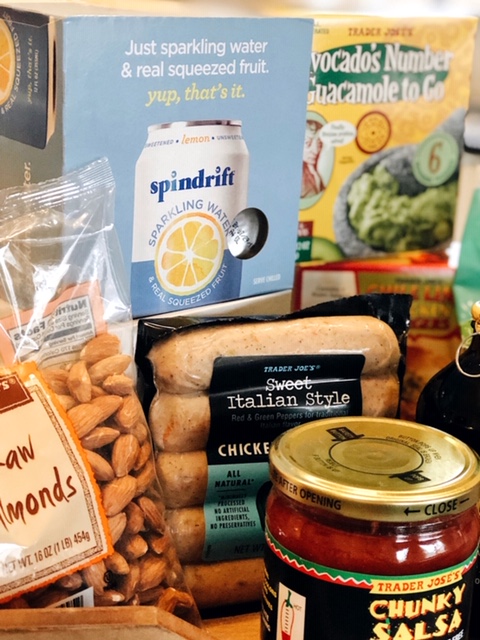
Some research shows it helps performance, while other research shows the timing of eating doesn’t matter as much as long as enough nutrients are consumed throughout the day (1). Nutrient timing is a flashy buzz word that sounds cool when talking about daily fueling, but what does that exactly mean? Nutrient timing is the consumption of foods in and around the time of an exercise session (1). There are many factors to consider when selecting a snack-including hunger level, time of day, pre- or post-workout and weight goals.ĭeciding when throughout the day to eat is often called nutrient timing. Some days require higher calorie intake that others, depending on training volume and/or intensity. It prevents overeating at night when more food can be stored as fat since fewer calories are burned off at night than as energy throughout the day.Įvery athlete knows that no two days are the same. Healthy snacking is also good for weight control as it helps athletes manage hunger over a period of time instead of eating heavily at night after ignoring hunger cues throughout the day (5). It keeps blood sugar even by providing fuel on a regular basis, thus avoiding steep drops in blood sugar that can cause irritability or ravenous hunger (4). Healthy snacking helps athletes feel fuller longer to make healthier choices at meal times instead of eating fried or sugary foods when hunger strikes (3). By eating a daily serving of healthy olives you can help improve your memory.Snacking throughout the day, especially for athletes, is important as it helps maintain blood sugar levels, keeps energy levels high, and prevents overeating at meals, or worse late in the evening. Olives contain polyphenols, a natural chemical that reduce oxidative stress in the brain. Yoghurt has also been proven to relieve stress and boost mental capacity. Twice as high in protein than regular yoghurt, it'll fill you up just by having it on its own or mixing it with your favourite granola or fruits. This is great if you need a more substantial and more filling snack (hello all-nighter).

Our body uses fats derived from the food we eat for healthy brain activity, cheese is a delicious way to keep our brain healthy as it's rich in omega 3 and fatty acids, a good source of healthy fats, protein, calcium and B vitamins. EggsĮggs are a good source of several nutrients tied to brain health, including B6 and B12 vitamins, folate and choline, and at the same time one of the easiest things to cook (shout out to hard-boiled eggs). It improves blood flow to your brain, helping you focus better and it increases the body's production of mood-boosting endorphins, making you happier.
#HEALTHIER SNACK OPTIONS FULL#
This is a snack for all the chocoholics out there! Dark chocolate is full of antioxidants and natural stimulants. Apples, oranges, grapes, kiwis, pineapples, or bananas will all help in giving your brain a boost of energy while supplying vitamins, minerals and fibre to your body. Just a single piece of fruit can be a fabulous snack option as well.

They're also a great source of fibre and glucose, which provide energy for the brain. Berriesīlackberries, blueberries, strawberries, raspberries, dark cherries, goji berries, and mulberries are all packed with antioxidants that help keep our memories sharp as we age.
#HEALTHIER SNACK OPTIONS PRO#
Pro tip: activate your nuts before eating them to benefit from the increased nutrient value. It's been proven that nuts and seeds boost memory, improve concentration and helps you think faster. Our bodies cannot produce a lot of the fatty acids that they provide and so it's the only way to get these nutrients into our diet.

Nuts and seeds are an ideal nutritious snack. Here are (almost) straight out of the box snack ideas for you to incorporate into your study routine. Plus, eating right doesn't have to be complicated! We might find ourselves reaching out for energy drinks, sugary snacks or highly processed food, but with the right diet, we can improve our brain health, increase concentration and feel alert for longer periods as opposed to the ephemeral spikes in energy produced by the unhealthy counterparts. We all can vouch for the fact that nutrition slides down our priority list when we're in stressful situations, and for us students this stands especially true during the revision period when we are busy cramming all the notes.


 0 kommentar(er)
0 kommentar(er)
